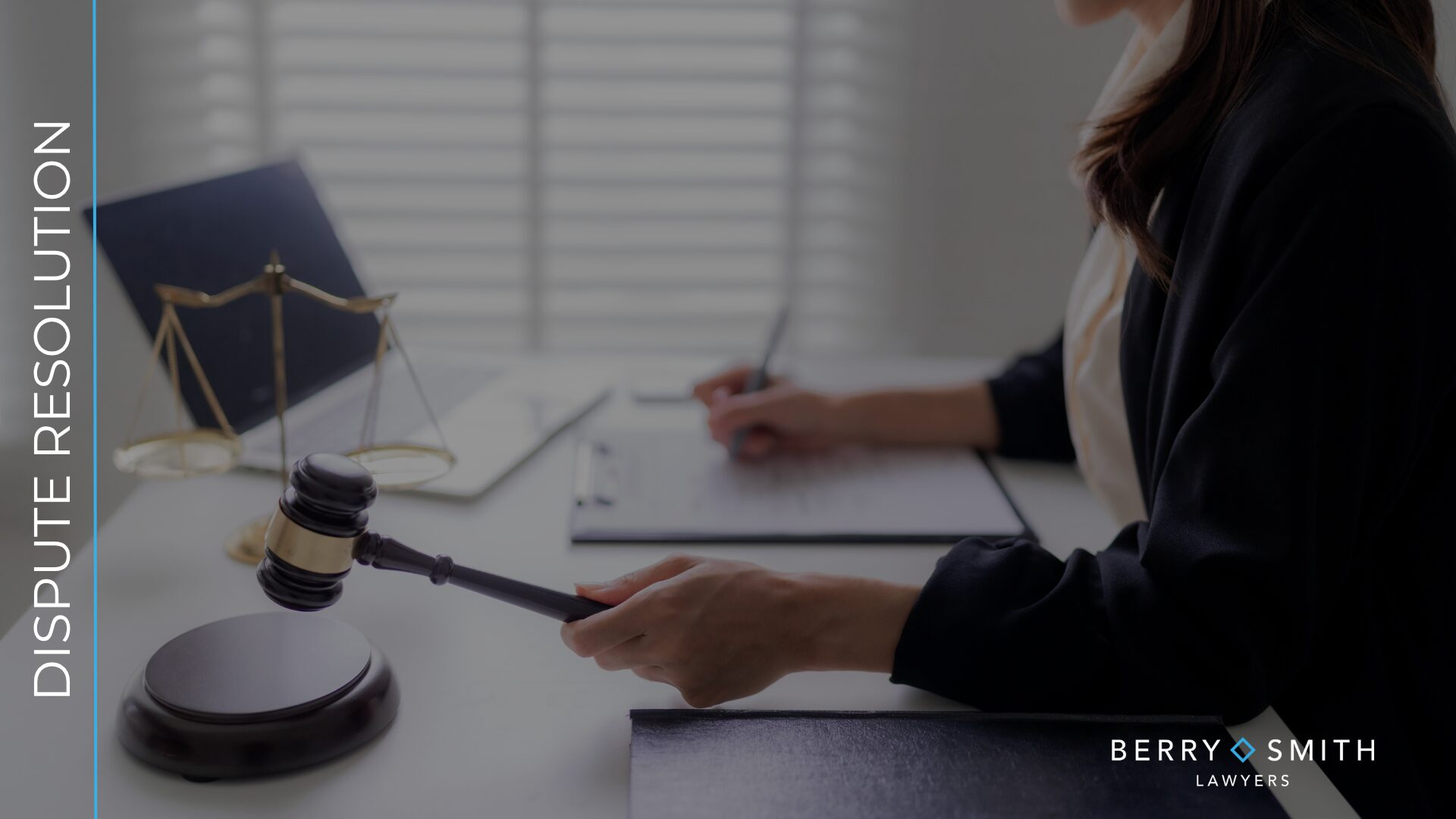Berry Smith has successfully defended a claim for unfair prejudice brought against a director and shareholder in a care company, but during the course of that claim, the unsuccessful Applicant shareholder (who is a solicitor) applied for retrospective variations to the court timetable and relief from sanctions arising from her non-compliance with previous directions.
The applicant contended that her disabilities (dyslexia, anxiety, and depression) were good reasons why she should be entitled to more time to comply with the directions and that the Court had failed to make reasonable adjustments to accommodate her disability. Her application relied in part on the provisions of the Equality Act 2010 (‘EA’).
In Ashley v B Musa and Cwm Care Ltd [2025] EHWC 1751 (Ch), the Court was required to consider for the first time how the EA interacts with the Civil Procedure Rules (“CPR”) in civil court proceedings.
The Court initially considered the Petitioner’s application by reference to established legal principles regarding medical evidence without engaging with the provisions of the EA.
By applying these principals, the Court found that the medical evidence presented by the petitioner was insufficient to justify the relief sought. The Court noted that a three month stay would cause the trial to be vacated, and an adjournment would likely have the same result. The Petitioner was informed that she was able to issue a further application, but was warned it was at substantial risk of failing.
The Court then reviewed the provisions of the EA which the Petitioner sought to rely on and considered any impact this may have on its decision.
The Petitioner confirmed that her disabilities would be deemed a protected characteristic under section 6 of the EA and argued that the Court was considered a service provider under section 29 of the EA and accordingly, must not discriminate against a person requiring the service.
Applying the reasoning in R (Howard) v Official Receiver [2013] EWHC 1839 (Admin), the Judge concluded that section 29 of the EA did not apply to a judicial function due to an exemption in paragraph 3 of Schedule 3 of the EA.
However, the Court accepted that refusing the request would amount to “unfavourable treatment” under section 15 of EA (discrimination arising from disability), for which there is no exemption for judicial functions. This was on the basis that the Petitioner’s dyslexia meant that she needed more time to deal with matters.
The Court noted that it did not automatically follow that refusal of the Petitioner’s request was linked to the Petitioner’s disability in any way.
The decision did not turn on the Petitioner’s need for additional time due to her disability, but due to the “extremely late” timing of the request, the potential prejudice to the Respondents if granted, and the inefficient use of the additional time which had already been provided to the Petitioner.
Alternatively, even if the basis for this decision was wrong, refusing the request would be justified as a proportionate means of achieving a fair trial.
· The provisions of the Equality Act 2010 can influence, but do not displace, the Civil Procedure Rules.
· Requests for adjustments should be supported by clear evidence and made promptly.
· Courts will consider each case on its facts, balancing equality obligations with fairness to all parties.
· The decision reaffirms the Court’s commitment to equal access to justice, while maintaining procedural discipline and efficiency.
This decision highlights the nuanced interaction between the procedural codes which seek to ensure a fair trial and the equality obligations of the Courts.
Whilst the EA can apply to judicial functions in limited contexts, it will be dependent on the circumstances of the individual case and, crucially, its provisions do not override the Court’s duty to ensure fairness and proportionality for all parties to proceedings.
For those navigating litigation, the dispute resolution team at Berry Smith offers expert legal support. Strategic, practical advice, tailored to your needs can be found by contacting the team at disputeresolution@berrysmith.com or 02920 345 511.
